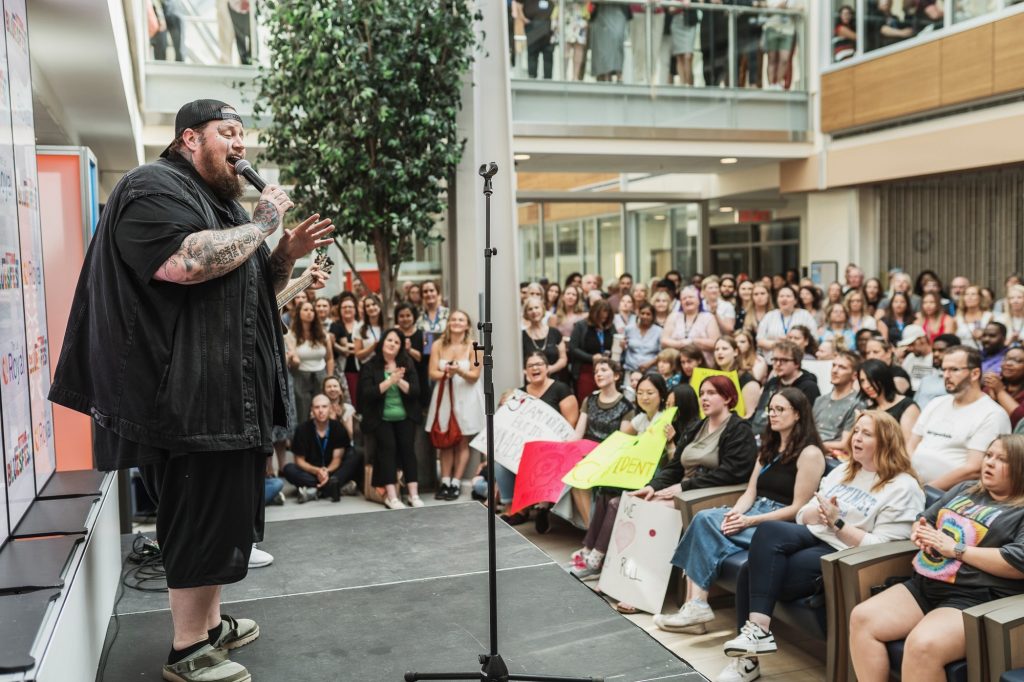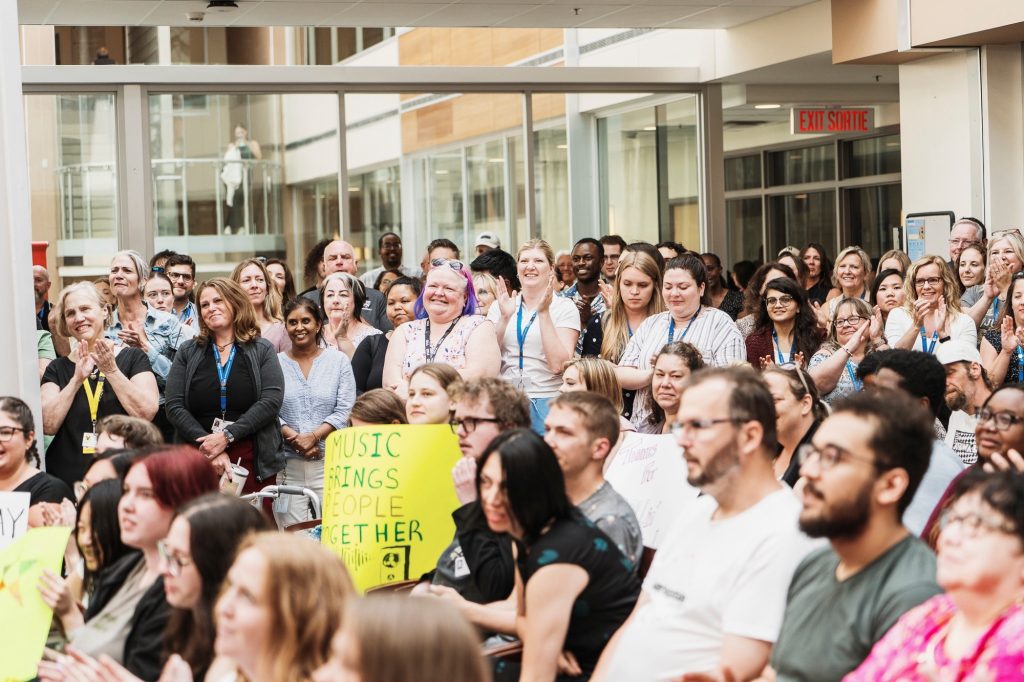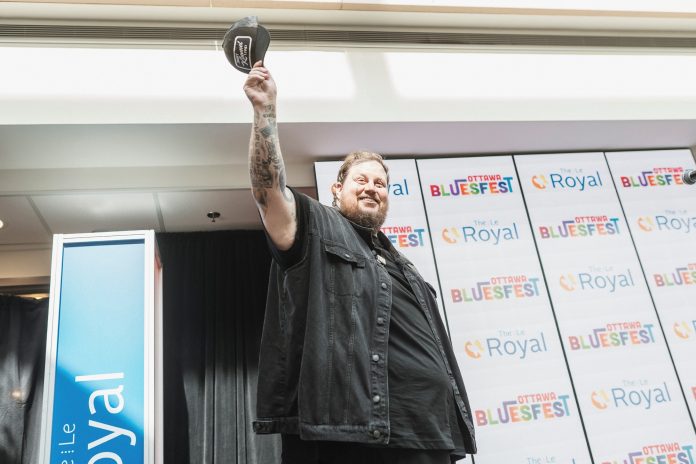Jelly Roll — the popular singer, rapper and composer from Tennessee — just came to Ottawa for Bluesfest, and made quite the impression.
Before rocking out at LeBreton Flats, he stopped by the Royal Ottawa with powerful story to tell. It is a story of struggle and compassion for those struggling with addiction. A story of families torn apart from the poisoned illicit drug supply that is killing people.
Jelly struggled with drug addiction, and his family struggled too. He once thought selling drugs was a victimless crime, so he mixed chemicals for profit.
He doesn’t believe that anymore. Now he is sounding the alarm about the dangers of street fentanyl, a drug normally prescribed by doctors for severe pain in hospitals. He has been to countless funerals. He wants the tragedies to stop.
Jelly has reached out to those trying to heal, and others trying to help them. He recently testified to a US Senate Committee to humanize the plight of those caught in cycles of addiction and deteriorating mental health.
One of the songs Jelly performed was “I am not okay”, a stirring, honest reflection on struggles with mental health.
I am not okay
I’m barely getting by
I’m losing track of days
And losing sleep at night
I am not okay
I’m hanging on the rails
So if I say I’m fine
Just know I learned to hide it well
I know, I can’t be the only one
Who’s holding on for dear life

And yet, it’s worth thinking about how we’re gonna be alright. Overdose experts tell me that progress doesn’t happen by accident; we need investments in services, staff, and supports that can help people. But not enough of that is happening.
For example, the Somerset West Community Health Centre’s Drug Overdose, Prevention and Education (or DOPE) program is closing. The DOPE program had over 31,000 interactions since its founding in 2019 with neighbours who use drugs, hiring outreach workers who were once users themselves. This was working.
I recently watched the film Love in the Time of Fentanyl that detailed the work of grassroots harm reduction activists in Vancouver’s Downtown East Side. I met with Ronnie Grigg, the founder and Executive Director Zero Block Society who is featured in the film. Ronnie said we are losing the battle as we fail to make the right investments.
And that’s where I’ll disagree with Jelly Roll. In his recent presentation to a US Senate Committee, he got behind a bill with a criminal justice approach to the overdose crisis, focusing on fentanyl traffickers and using financial sanctions to raise funds for law enforcement. But a criminal justice approach hasn’t worked.
What’s working is support for neighbours suffering with mental health and addictions issues. That is what Jelly Roll offered in his visit to Ottawa, and it’s what mental health leaders and harm reduction workers do every day. Bless them all.
I want to live in a society where mental health matters as much as cancer care, where a broken heart matters as much as a broken leg.
We’ll get there with compassionate public policy.

